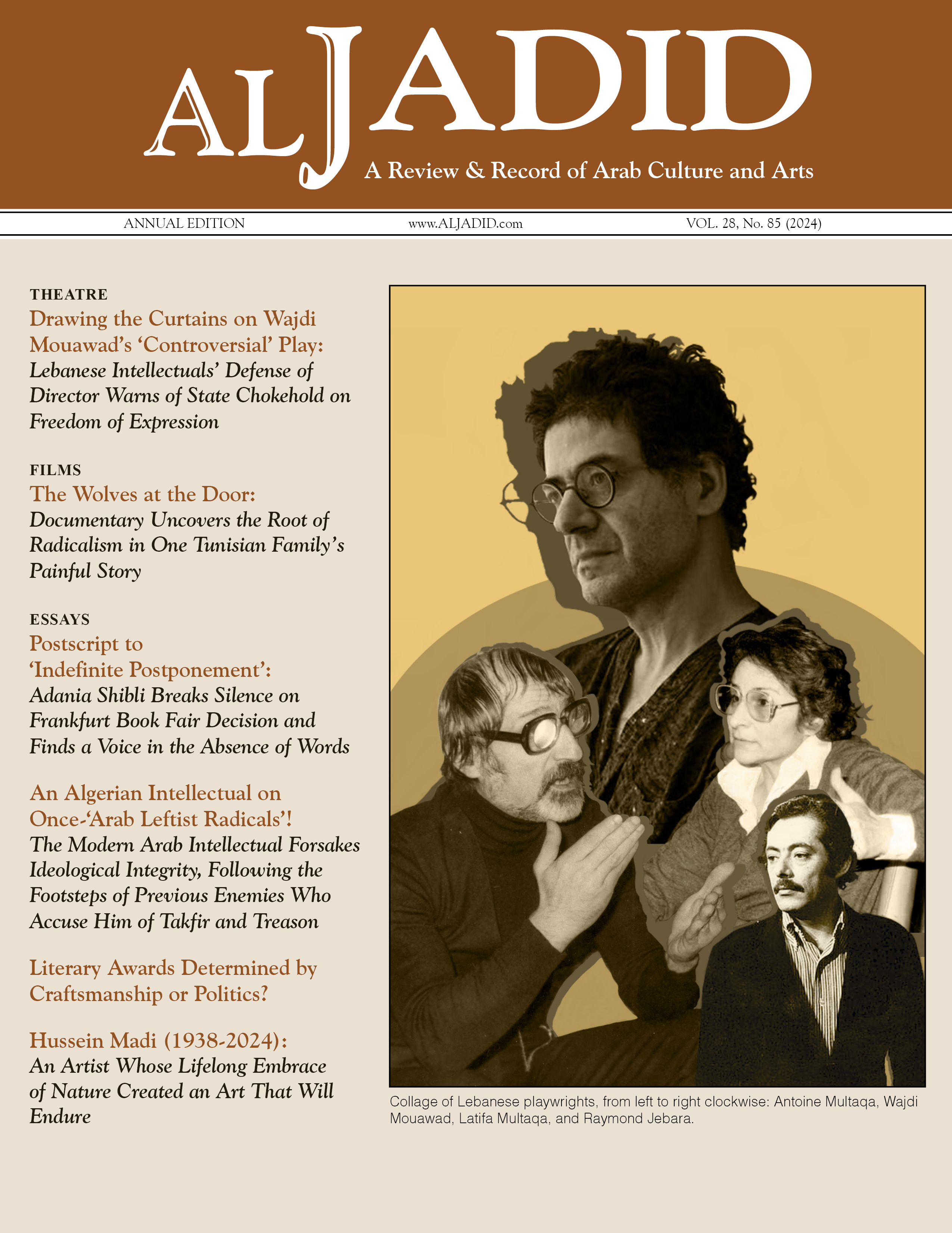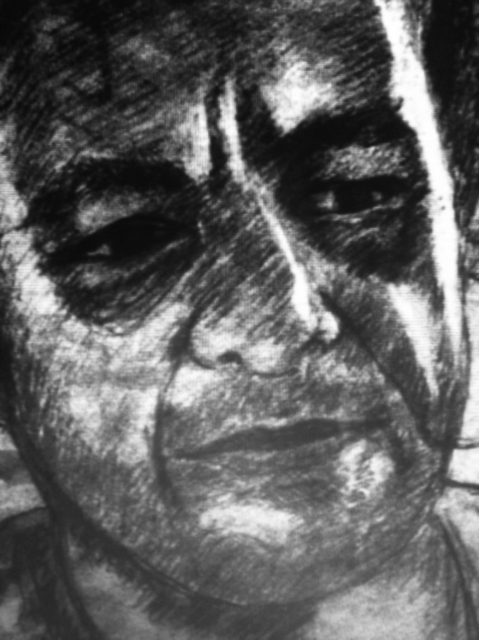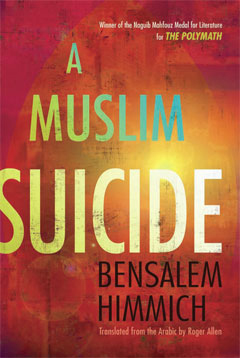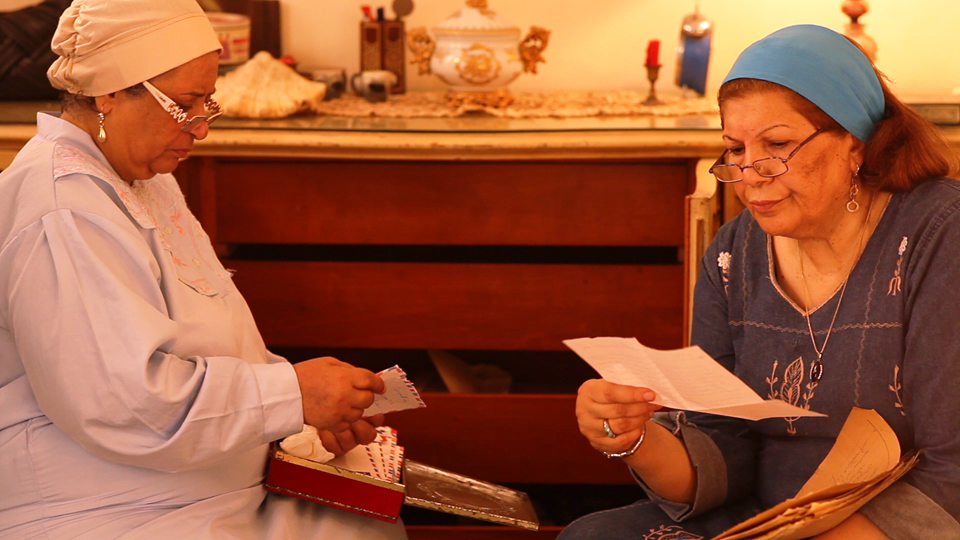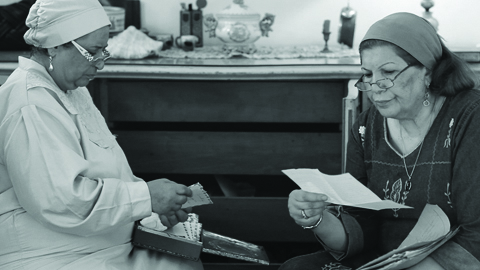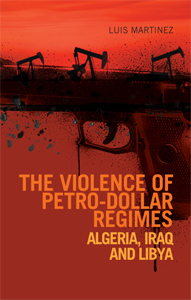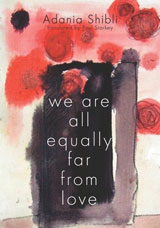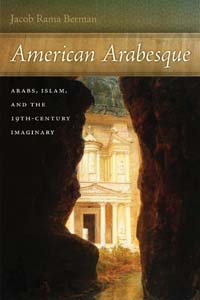The Uncompromising Voice of Syrian Screenwriter Fouad Hamira
Fouad Hamira, who began as an employee in the National Theater, has gone on to become one of the leading voices in Syrian television drama. He is renowned for his unwillingness to compromise with the forces of societal and political oppression. His controversial “Ghazlan fi Ghabat al-Dhi‘ab” (Gazelles in a Forest of Wolves), which was filled with a poignant critique of corruption and the abusive nature of power, was finally allowed to air in 2006, although he had written the miniseries 15 years earlier.

